Efforts to restore speech to people silenced by brain injuries and diseases have taken a significant step forward with the publication of two new papers in the journal Nature.
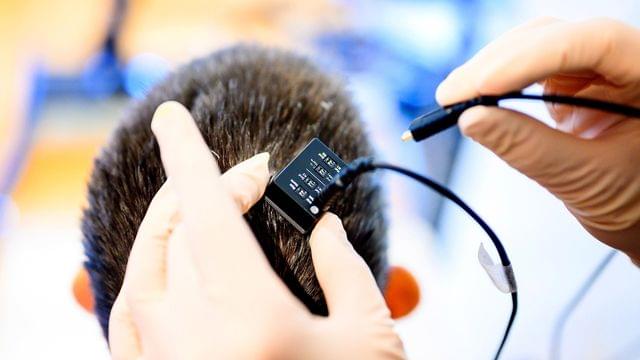

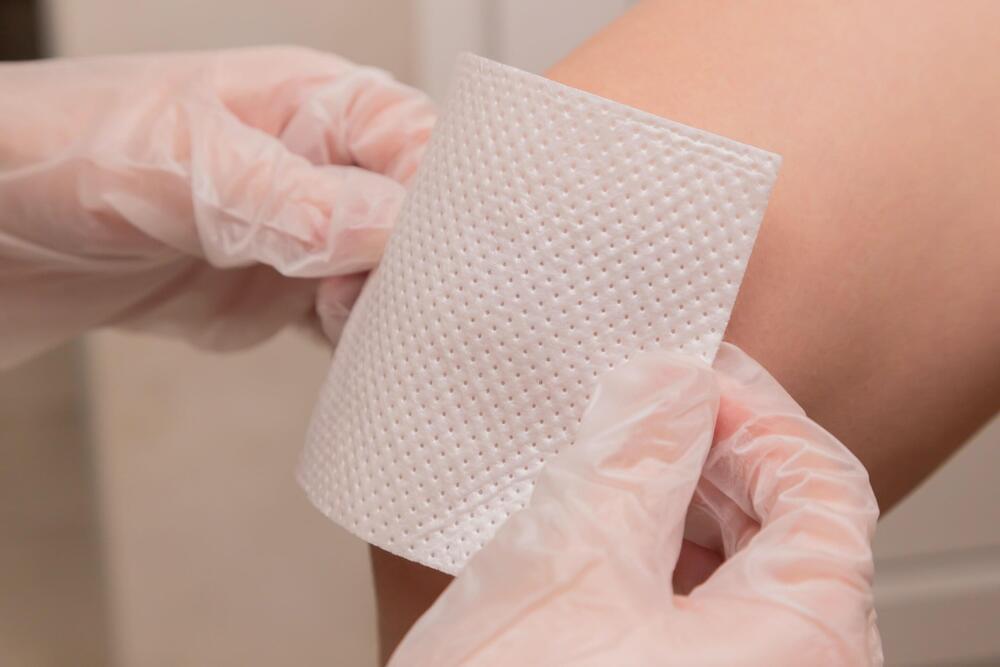
It’s notoriously difficult for doctors to identify a wound that is becoming infected. Clinical signs and symptoms are imprecise and methods of identifying bacteria can be time-consuming and inaccessible, so a diagnosis can be subjective and dependent on clinician experience. But infection can stall healing or spread into the body if it isn’t treated quickly, putting a patient’s health in grave danger. An international team of scientists and clinicians thinks they have the solution: a device run from a smartphone or tablet app, which allows advanced imaging of a wound to identify infection.
“Wound care is one of today’s most expensive and overlooked threats to patients and our overall health care system,” said Robert Fraser of Western University and Swift Medical Inc., corresponding author of the study published in Frontiers in Medicine. “Clinicians need better tools and data to best serve their patients who are unnecessarily suffering.”
The scientists developed a device called the Swift Ray 1, which can be attached to a smartphone and connected to the Swift Skin and Wound software. This can take medical-grade photographs, infrared thermography images (which measure body heat), and bacterial fluorescence images (which reveal bacteria using violet light).
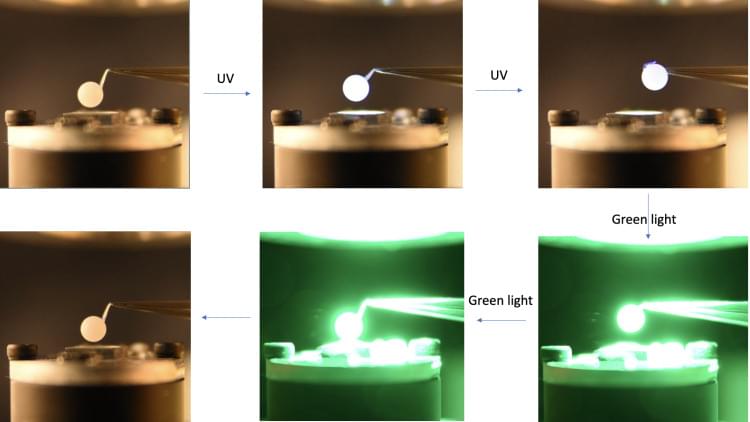
Imagine a person on the ground guiding an airborne drone that harnesses its energy from a laser beam, eliminating the need for carrying a bulky onboard battery.
That is the vision of a group of CU Boulder scientists from the Hayward Research Group. In a new study, the Department of Chemical and Biological Engineering researchers have developed a novel and resilient photomechanical material that can transform light energy into mechanical work without heat or electricity, offering innovative possibilities for energy-efficient, wireless and remotely controlled systems. Its wide-ranging potential spans across diverse industries, including robotics, aerospace and biomedical devices.
In a new study published in Nature Materials, the Hayward Research Group has developed a novel and resilient photomechanical material that can transform light energy into mechanical work without heat or electricity. The photomechanical materials offer a promising alternative to electrically-wired actuators, with the potential to wirelessly control or power robots or vehicles, such as powering a drone with a laser beam instead of a bulky on-board battery.
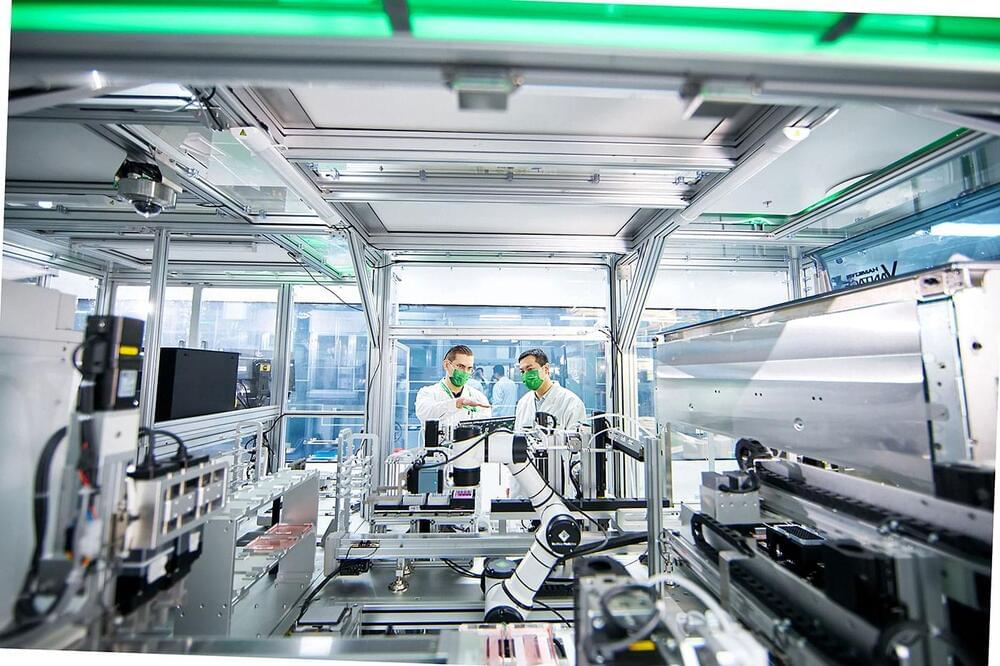
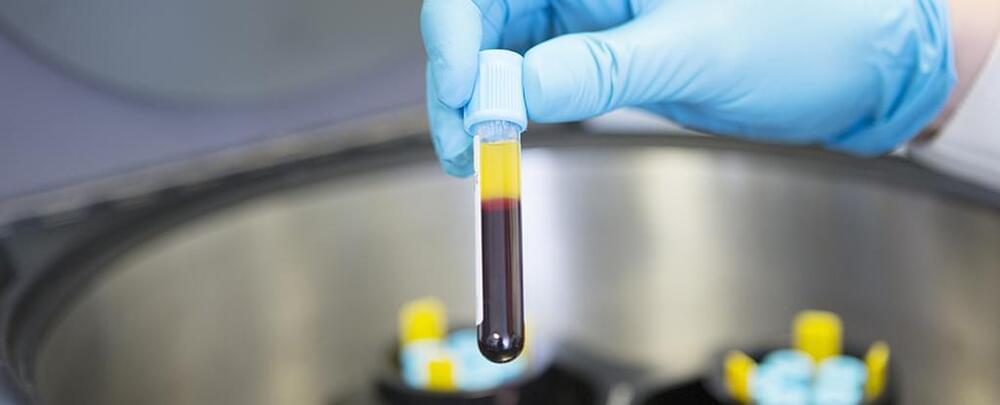
Step forward platelet factor 4 (PF4): this substance in the blood has been linked to the mental boost we get from exercise, the benefits of blood transfusions, and a protein associated with longevity, in three separate studies.
All three processes promote cognitive enhancement, meaning PF4 is something of a superpowered blood factor. The research was carried out by two teams from the University of California San Francisco (UCSF) in the US and the University of Queensland in Australia.
Platelets are cell fragments that play a critical role in the clotting process. Aside from serving as physical plugs that staunch bleeding, these small, non-nucleated chunks of bone marrow cell contain granules that release chemicals to promote aggregation.
The popularity of remote food delivery skyrocketed during the COVID-19 pandemic, and the trend has continued to help businesses thrive years later. Unfortunately, some of the robotic delivery vehicles are taking a beating, with several viral videos showing people kicking the autonomous bots over and even stealing the products inside.
KTLA 5’s Rachel Menitoff reports. (Aug. 7, 2023)
KTLA 5 News — Keeping Southern Californians informed since 1947.
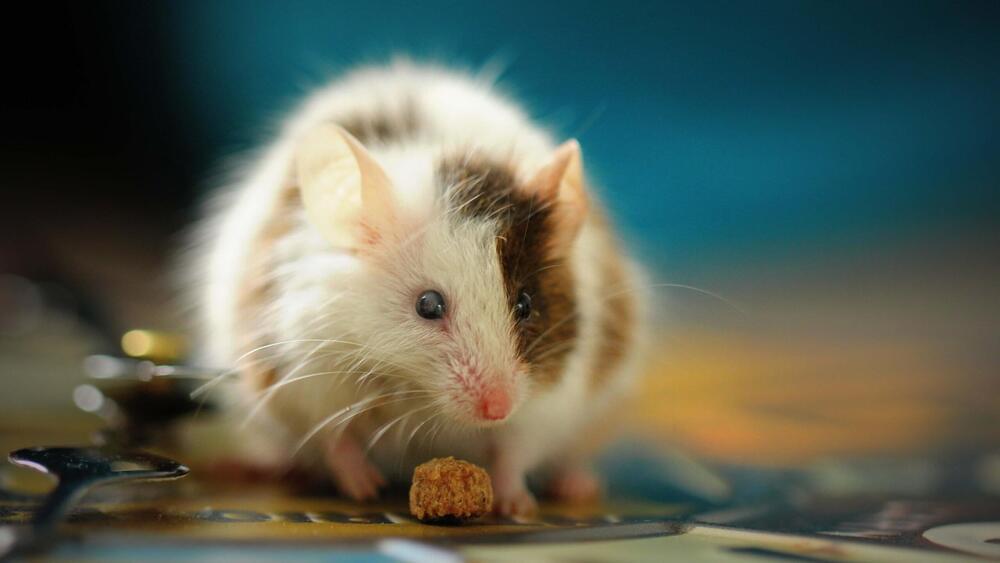
The new study, published in Nature, showed that the unassuming protein is far from a one-trick pony. Rather than a simple protein cog in the body’s wound-healing machine, PF4 also acts as an ambassador between the brain and the immune system. When young, the protein “gatekeeper” tunes down inflammation and helps maintain the brain’s cognitive functions.
Unfortunately, PF4 levels in the body nosedive with age. The drop incites a spark of inflammation in the brain’s “memory center”—the hippocampus—and hampers the neurons’ ability to communicate. Neural networks misfire. As does memory: an aged animal struggles to remember new places or learn new tasks.
It’s not all bad news. In one test, a jab of PF4 partially reset the body’s immune system, lowering levels of proteins that promote inflammation, and boosted cognition in elderly mice.
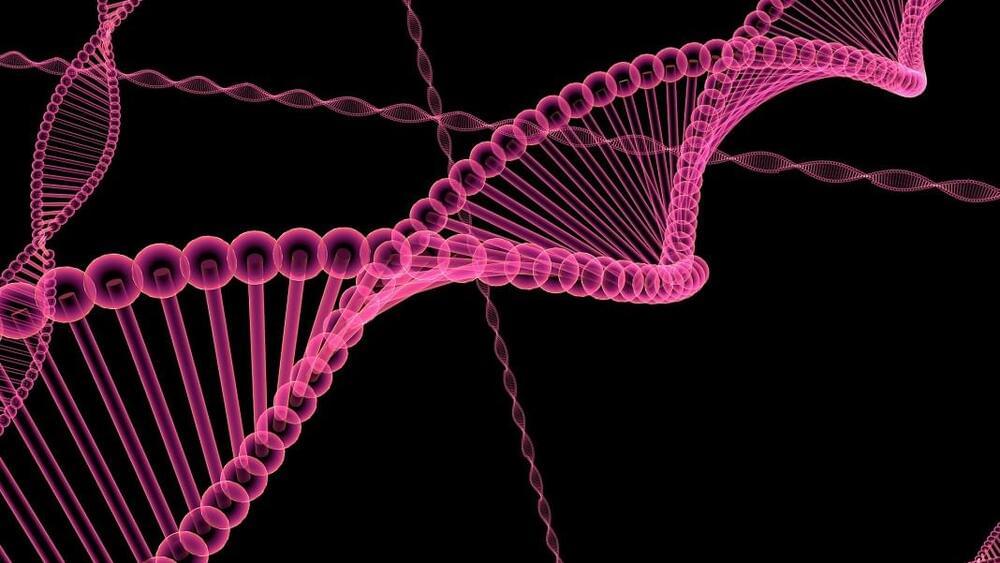
The team used acupuncture needles to deliver the trigger for 10 seconds a day, and the blood sugar levels in the mice returned to normal within a month. The rodents even regained the ability to manage blood sugar levels after a large meal without the need for external insulin, a normally difficult feat.
Called “electrogenetics,” these interfaces are still in their infancy. But the team is especially excited for their potential in wearables to directly guide therapeutics for metabolic and potentially other disorders. Because the setup requires very little power, three AA batteries could trigger a daily insulin shot for more than five years, they said.
The study is the latest to connect the body’s analogue controls—gene expression—with digital and programmable software such as smartphone apps. The system is “a leap forward, representing the missing link that will enable wearables to control genes in the not-so-distant future,” said the team.
Join us on Patreon! https://www.patreon.com/MichaelLustgartenPhD
Discount Links:
At-Home Metabolomics: https://www.iollo.com?ref=michael-lustgarten.
Use Code: CONQUERAGING At Checkout.
NAD+ Quantification: https://www.jinfiniti.com/intracellular-nad-test/
Use Code: ConquerAging At Checkout.
Epigenetic Testing: https://trudiagnostic.com/?irclickid=U-s3Ii2r7xyIU-LSYLyQdQ6…M0&irgwc=1
Use Code: CONQUERAGING
Oral Microbiome: https://www.bristlehealth.com/?ref=michaellustgarten.
Enter Code: ConquerAging.
At-Home Blood Testing (SiPhox Health): https://getquantify.io/mlustgarten.

Researchers at The University of Queensland have found an anti-aging function in a protein deep within human cells.
Associate Professor Steven Zuryn and Dr. Michael Dai at the Queensland Brain Institute have discovered that a protein called ATSF-1 controls a fine balance between the creation of new mitochondria and the repair of damaged mitochondria.